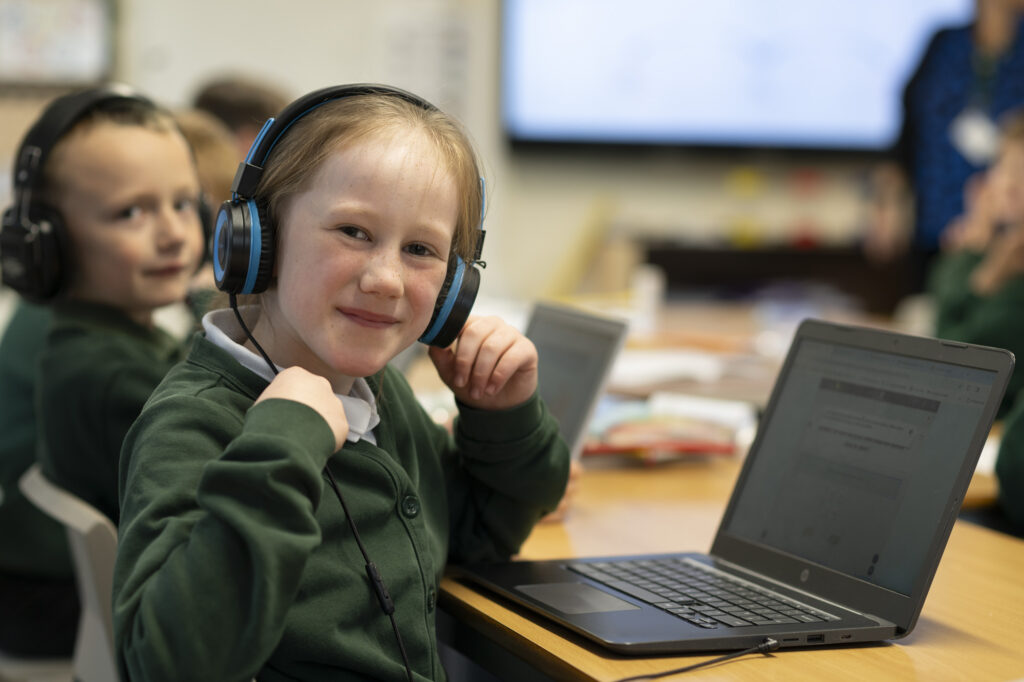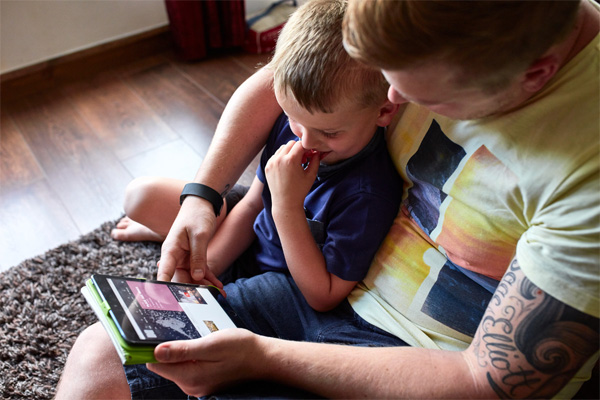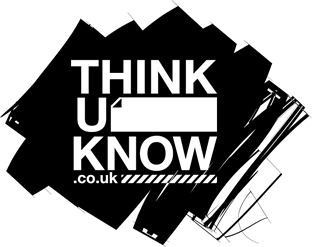Online Safety
Online safety is an important part of keeping children safe at Parkstone Primary School . We have extensive security measures in place in school, which are monitored both internally and externally, to help safeguard pupils from potential dangers or unsuitable material. Any online safety incidents are recorded and managed. Online safety is taught to all pupils explaining and demonstrating how to stay safe and behave appropriately online.
We can only be successful in keeping children safe online if we work with parents to ensure the Online Safety message is consistent. It is important that parents speak to their children about how they can keep safe and behave appropriately online.
Just as we want to keep our children safe in the ‘real’ offline world, we want to do the same in the virtual online world. It is important that we understand enough about the Internet to keep our children safe from harm but it is equally important that we equip our children with the skills they need to keep themselves safe
so they can experience the Internet positively and responsibly.


E-Safety Tips for Parents
InternetMatters.org is a not-for-profit organisation that has a simple purpose – to help keep children safe in the digital world.
KC Parental Internet Settings
KCOM Parental controls lets you choose how much of the internet you would like you and your family to see. It’s easy to set up and will help you make sure that your family is safe using the internet in your home.
Choose an age profile between 1 – 6, 7 – 11, 12 – 15, 16 – 18 to control the amount of the internet you see. You can even personalise your profile to suit your family.
Switch them on now by clicking here. It’s simple, safe and free for all KCOM broadband customers.

Organisations and websites offering further information and support for online safety:
Play Like Share –
Play Like Share follows the adventures of Sam, Ellie and Alfie as they form a band and enter their school’s Battle of the Bands contest, taking on the mean but ‘cool’ Popcorn Wizards as they go. The three friends learn that while the internet can help, they need to use it wisely and safely.
The aim of the films is to help 8-10 year olds learn how to stay safe online. In particular, the films teach them to spot the early signs of manipulative, pressurising and threatening behaviour by people they might meet online, and develops their confidence to respond safely and get help.
Be Share Aware –
Keep your child safe online
We tell our children it’s good to share – but online it’s different. In fact sometimes sharing online can be dangerous. Being Share Aware will help keep your child safe online.
Watch and share a short film and take a look at some straightforward advice that will untangle the web, and give parents confidence in talking to their children about how to stay safe online.
‘Leaders
have provided teachers with the phonics training they need.’
‘Reception children get opportunities to explore numbers all the time.
Daily mathematics lessons help them to count with speed and confidence.’
‘Pupils thrive at this inclusive school.’
‘Teachers say that leaders listen to their views and help them to manage their workload.’
‘ Subject leaders benefit from meeting staff in
other trust schools to exchange ideas and good practice.’
‘Pupils talk with pride about the ‘leading learner’ badges
they get for reading regularly, arriving on time and trying hard.’
‘Pupils could talk about rainfall and temperature graphs, as well as the impact of the River Nile on Egyptian settlements.’
‘The geography curriculum is a strength of the school.
Leaders have carefully set out what they want pupils to know by the end of each year.’
‘All pupils know the school rules.’
‘In mathematics, teachers make daily checks on pupils’ understanding. This ensures that the work pupils do is suitably challenging.’
‘Pupils are very positive about their
mathematics work.’
‘Teachers model language and sounds accurately. This means that Reception children get off to a strong start with their reading.’
‘Classrooms are oases of calm. As a
result, pupils are happy. They feel safe at school.’
‘Pupils who are falling behind in their phonics get extra help to catch up.’
‘Pupils enjoy the books their teacher reads to them.’
‘Pupils discuss and analyse texts during their
‘reading mastery’ lessons.’
‘One pupil told the
inspector that, ‘school is amazing because teachers include everyone.’
‘Teachers have strong subject
knowledge and use geographical vocabulary with precision.’
‘Teachers use ‘pinny time’ to revisit the sounds that children have been
taught, as they learn through play.’
‘Leaders’ relationships and sex education and health education
curriculums give pupils an age-appropriate understanding of healthy relationships.’
‘Staff are happy, and morale
is high.’
‘In Reception, phonics is taught every day.’
‘The reading curriculum is well organised.’
‘Children in early years learn phonics as soon as they start school.’
‘All
adults have high expectations of pupils’ behaviour.’
‘The governing body challenges leaders on the actions they are taking to improve the school.’

